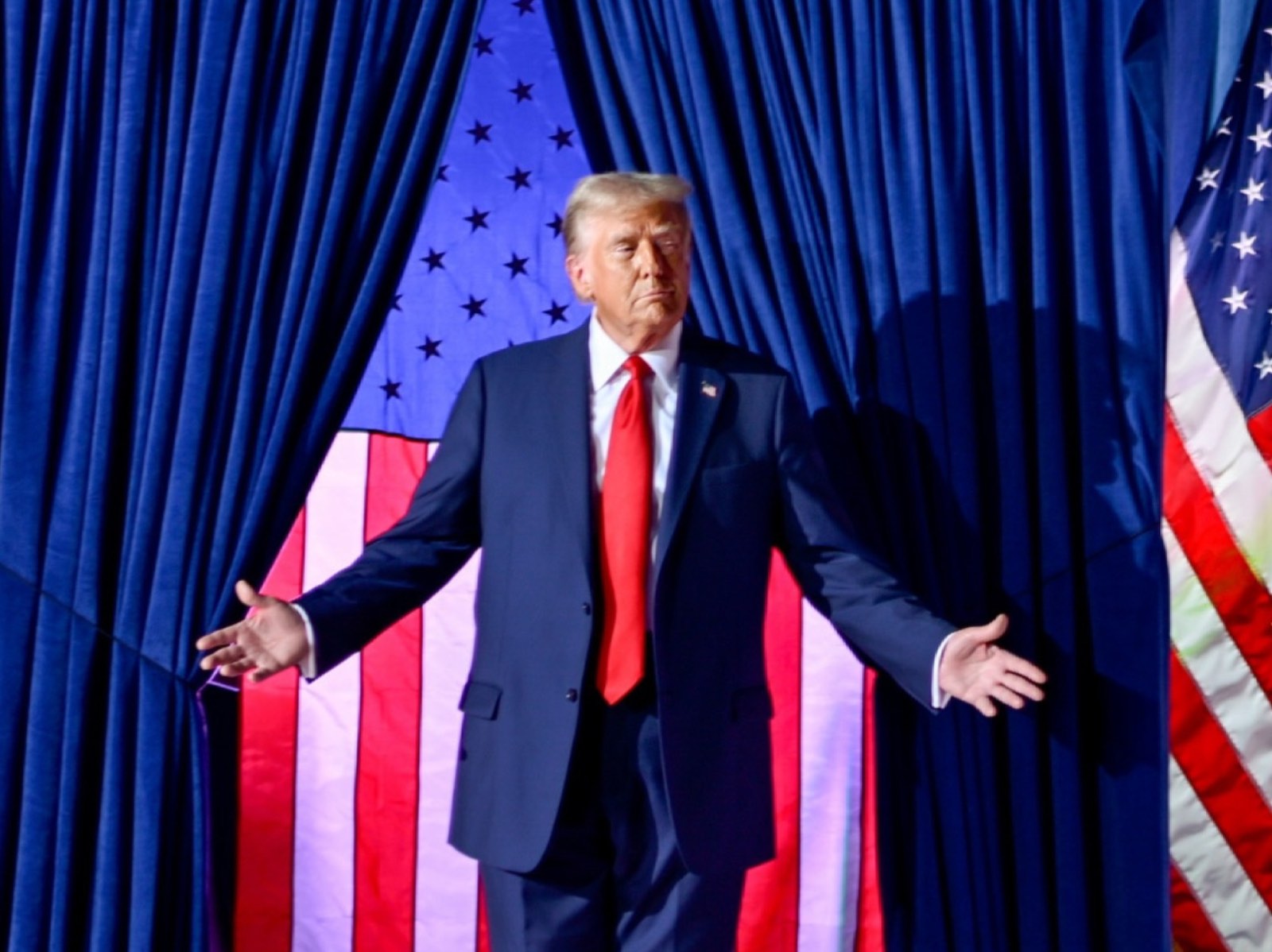Donald Trump’s Political Resurrection: Navigating Challenges and Opportunities in His Second Presidency

SHARE
Donald Trump’s return to the presidency marks a significant chapter in American political history, reflecting both his enduring appeal and the challenges that lie ahead. Having won the 2024 election, Trump embarks on his second term amidst a deeply polarized nation and a host of formidable obstacles.
Trump’s rise back to the White House is rooted in his ability to connect with voters who feel left behind by traditional politics. His campaign capitalized on economic frustrations, particularly regarding inflation and job security, issues that resonated with approximately 40% of voters according to recent surveys.
Despite facing legal challenges and a tumultuous political landscape, Trump’s supporters rallied around his promises to revitalize the economy through aggressive tariff policies and a crackdown on immigration, pledging the largest deportation campaign in U.S. history.
His political journey has been marked by resilience. After being impeached twice during his first term, Trump managed to consolidate support among Republican voters, overcoming younger challengers in the primaries and even surviving assassination attempts during rallies. This comeback underscores not only his personal brand but also a broader shift within the Republican Party toward more populist and right-leaning ideologies.
As Trump prepares to take office, he faces significant hurdles that could define his presidency. The most pressing challenge is governing a nation that is more divided than ever. The 2024 election highlighted stark contrasts between his supporters and those of Kamala Harris, who emphasized collaboration and bipartisanship.
Trump’s approach may exacerbate these divisions, especially given his history of incendiary rhetoric against political opponents.
Foreign Policy: On the international front, Trump’s foreign policy will be eyed closely. His previous administration saw strained relationships with traditional allies and an overt friendliness toward authoritarian regimes like Russia.
The ongoing conflict in Ukraine poses a critical test for Trump; his administration will need to balance support for Ukraine against pressures from factions within his party advocating for reduced foreign aid.
Domestic Policy: Domestically, Trump must navigate complex issues such as healthcare reform and immigration policy. He will need to formulate a coherent strategy that addresses healthcare. Additionally, immigration remains a contentious issue; he promises stringent measures to curb illegal immigration.
Donald Trump’s re-election as president signals a continuation of his style of governance and policies. As he steps back into the Oval Office, he must confront the pressing needs of an increasingly divided electorate. Balancing these dynamics will be crucial for his administration’s success and for the future stability of American democracy.
*Cover Photo/Thumbnail Photo from Donald Trump Facebook Page
RELATED ARTICLES

Your Ideal Getaway at The Peninsula Paris

Progress WhatsUp Gold: Mastering Root Cause Analysis with Monitoring and Traffic Insights – Live Webinar









